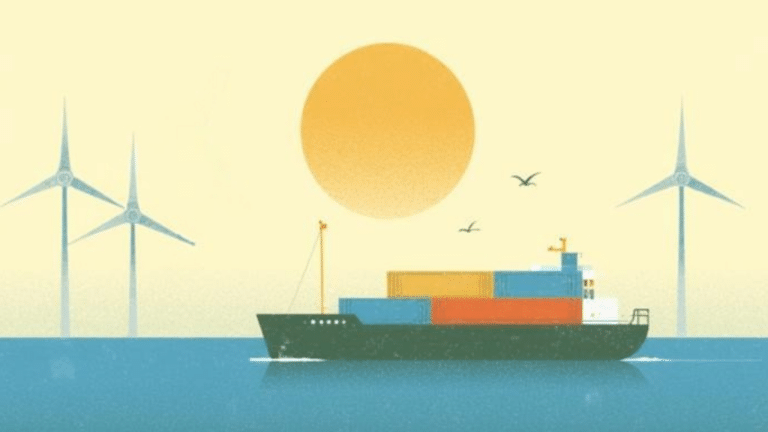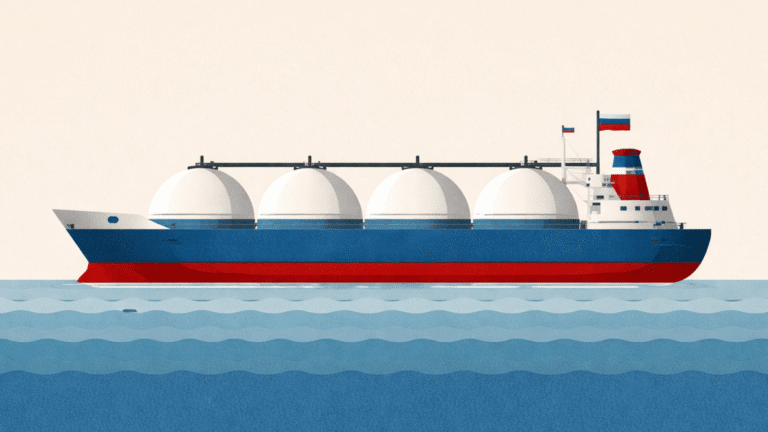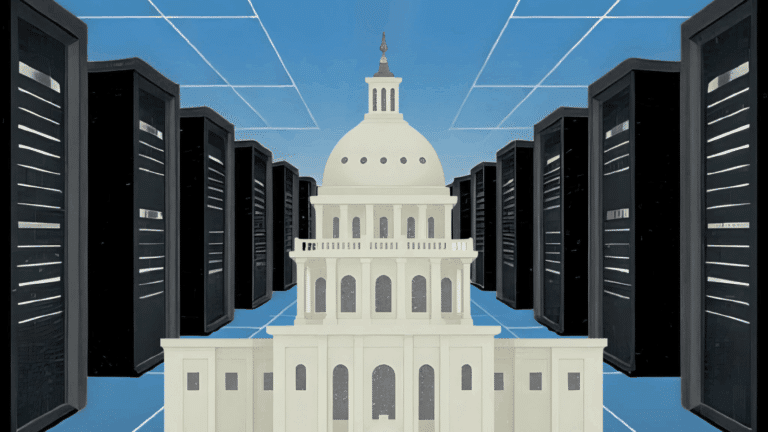Could a strategic lithium reserve kickstart US supply chain development?
NEW YORK -- A strategic lithium reserve is being mooted as a solution to stabilize volatile prices that have hindered American mining projects, allowi
Current Access Level “I” – ID Only: CUID holders, alumni, and approved guests only
Past Event
June 28, 2013
6:30 am - 8:00 am
Please join the Center on Global Energy Policy for a presentation by Laszlo Varro, Head of the Gas, Coal and Power Division at the International Energy Agency, of the IEA’s 2013 Medium Term Gas Market Report. A summary of the report is below. A discussion moderated by Center Director Jason Bordoff will follow the presentation. Registration is required. This event is open to press.
For more information contact: [email protected]
###
2013 Medium Term Gas Market Report Summary
Natural gas takes a breath as it turns into its Golden Age: its growth measurably slows down although to a pace that still comfortably exceeds the growth of either oil or total energy use. The further growth of gas is constrained by continuing weakness in Europe, a resilience of coal in North America as well as persistent bottlenecks and disruptions in the LNG value chain that in 2012 caused an exceptional global decline of LNG supply. The IEA new Medium Term Gas Market report provides a detailed analysis of demand, upstream investment and trade developments till 2018 that will shape the gas industry and the role of gas in the global energy system. Its special sections investigate the economic viability of gas-fired power generation in Europe, the prospects for an LNG trading hub in Asia as well as the potentially transformational role of natural gas in the transport sector. Amid a continuous regional divergence between North American plenty, European weakness and Asian thirst for LNG, the 2013 Medium Term Gas Market Report will investigate the key questions that the gas industry faces:
On January 1, 2026, the European Union's highly-anticipated Carbon Border Adjustment Mechanism (CBAM) will take effect. Introduced in 2023, CBAM will require the importers of certain carbon-intensive goods...

The Center on Global Energy Policy at Columbia University SIPA's Women in Energy initiative and Accenture invite you to join us for an evening of conversation and networking...

The Columbia Global Energy Summit 2026 is an annual event dedicated to thought-provoking discussions around the critical energy and climate challenges facing the global community.

The event is for CUID holders only. Please note: space is limited. The Center on Global Energy Policy at Columbia University SIPA invites Columbia University students to a...

This Energy Explained post represents the research and views of the author(s). It does not necessarily represent the views of the Center on Global Energy Policy. The piece...

Geopolitical uncertainty associated with Russian gas exports could swing the range of those exports by an estimated 150 bcm per year.

From the east to west and north to south, in red states and blue states, attention to data centers is skyrocketing in state capitals across the United States.
